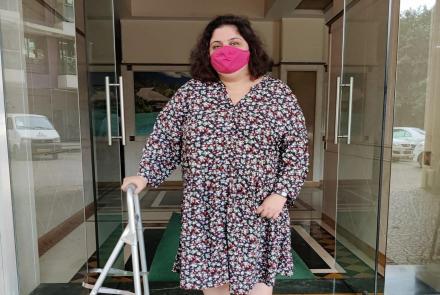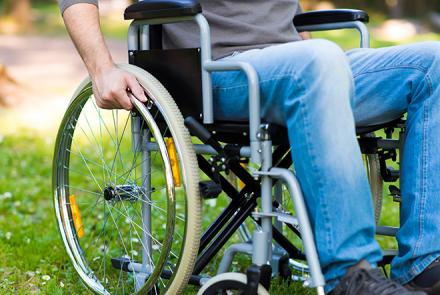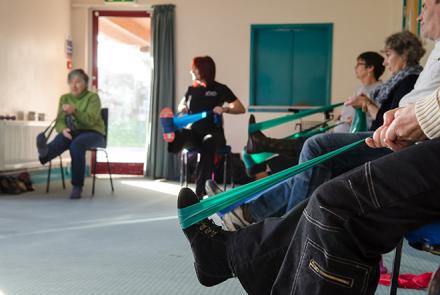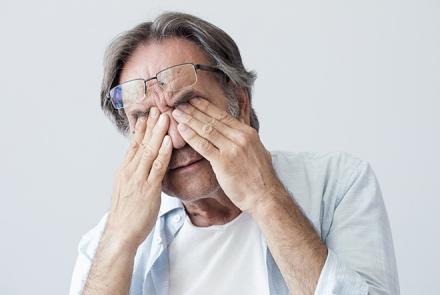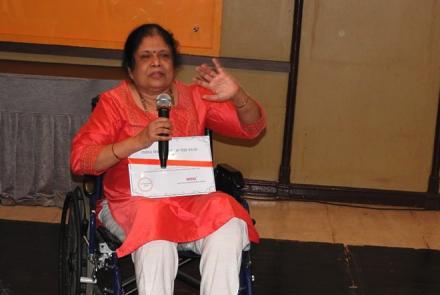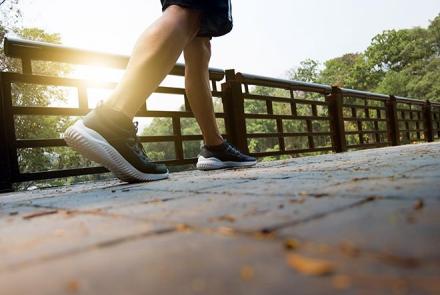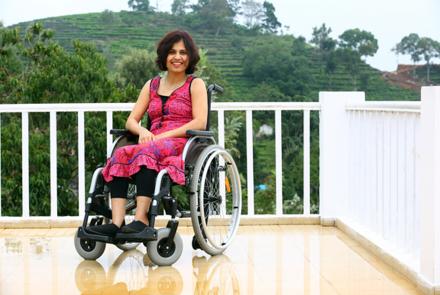
Bladder problems affect 75 to 90 percent of people with multiple sclerosis, according to a July 2014 in-depth report in MS in Focus, published by the Multiple Sclerosis International Foundation (MSIF). “Patients need to understand that bladder issues are a symptom of their disease process and not something they should be embarrassed or ashamed about,” says Dr. Marlene Murphy Setzko, a urologist and director of Urologic Services at the Mandell Center for Comprehensive MS Care in Hartford, Connecticut.
In this survey of more than 3,500 people living with MS in 73 countries, more than a third of those who hadn’t been tested for urinary problems also had not brought up the topic with their neurologist. A quarter said they preferred to manage the symptoms on their own, and another quarter who had not been treated said their neurologist thought testing was unnecessary.
When it comes to storage problems, the most common symptoms, collectively called “overactive bladder” (OAB), include:
Urgency and/or frequency—the sudden and intense urge to urinate. This may occur even if you just went 10 minutes ago.
Incontinence—not being able to control where and when you go. Compounding the problem is worsening mobility, a common symptom in MS, which can make it challenging to get to the bathroom on time.
Nocturia—related to urgency and frequency, this involves waking up at night to go.
Hesitancy—a delay in the ability to initiate urination even though the urge is there. The problem here may be jammed signals: In normal bladder function, the sphincter relaxes and opens when the bladder contracts, but in MS, the two can contract at the same time, causing difficulty peeing; a weak and intermittent trickle; or incomplete voiding, where the bladder doesn’t completely empty. In some cases, people can’t void at all.
Dribbling—similar to incontinence but usually involves involuntary leakage of just a few drops of urine.
Treatment options :
Self-management strategies were shown, in a 2009 study in the International Journal of Clinical Practice, to significantly improve daily bladder and bowel symptoms. They include:
Drinking enough and strategically.
Getting regular bathroom breaks.
Strength training using Pelvic floor exercises (Kegels). Men can also do Kegels
Avoiding irritants like caffeinated beverages (coffee, tea and soda), alcohol and artificial sweeteners
Eliminating residual urine.
For more treatment options like medicines, surgery, botox, pelvic floor rehabilitation, sacral nerves stimultation, please review with your doctor.
http://momentummagazineonline.com/yes-can-regain-bladder-control/

